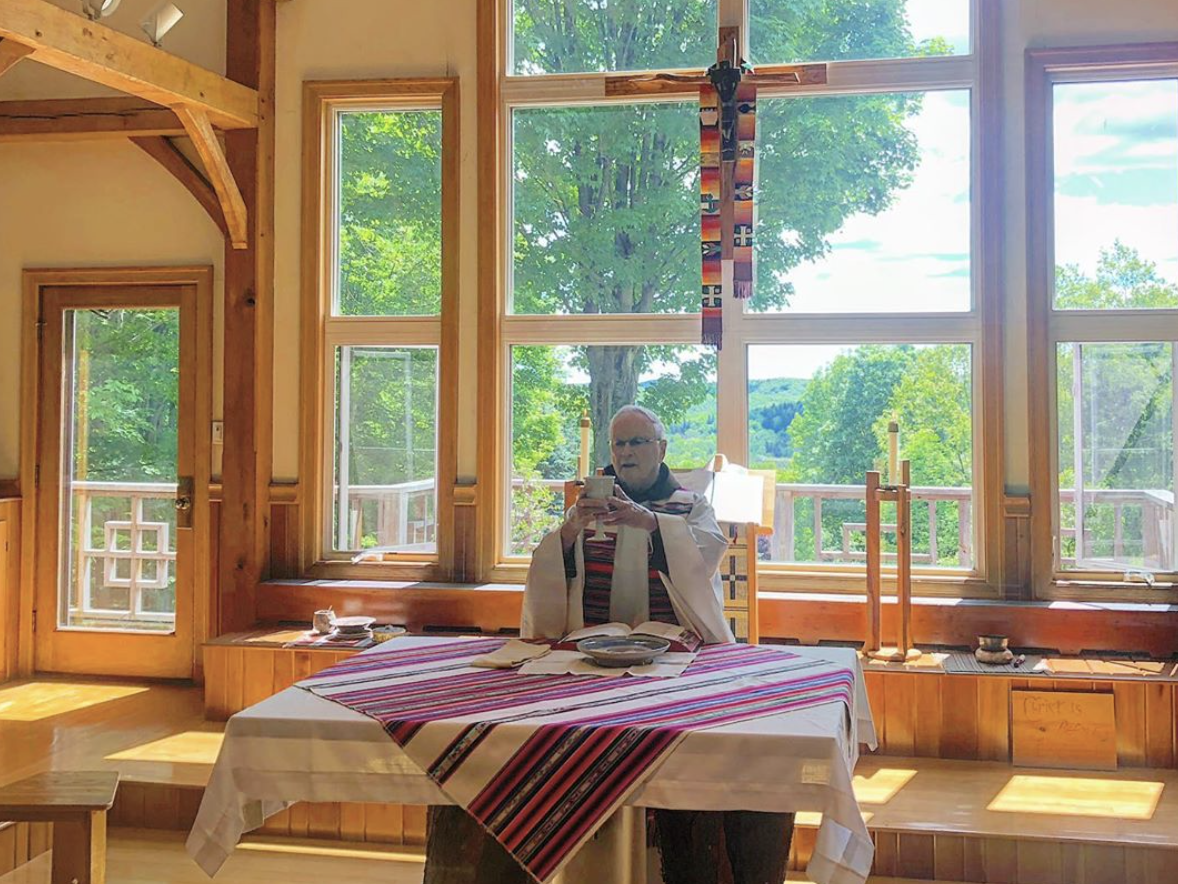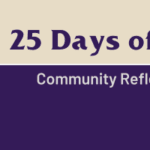
What Does “Making All Things New” Mean?
Perhaps, you have wondered, as I have, what that Mountain phrase, “making all things new” means? I’m sure that it means more than just one thing, but when rolling those words around in our minds we can hear echoes of various religious and philosophical traditions. For some, it’s a literal reflection of the Book of Revelations, for others it recalls the Zen tradition of the “beginner’s mind,” a practice which encourages all of us to approach each moment with curiosity and fresh eyes. When I try to understand it, I form a picture in my mind of the way the world looks after a storm, everything fresh and sparkling, washed clean and full of possibility.
“Making all things new” calls us to face the world in a stance of optimism and open-heartedness. This unusual way of approaching life is so counterintuitive that it requires determination and strength to do so regularly. “Making all” is a call to action. It is not a passive observation. It is a choice we make daily to believe in others, and in the possible, in order to deny past hurts and disappointments, the power to reduce our expectations of one another and of the wider world. Making all things new asks us to seek relationships that challenge us to let down our guards and let others in; not expecting the same old pain, but expecting a new harmony, expecting the best in one another. It is a way of not giving up on the world, not seeing it for age-old patterns of discord, but facing it as full of potential, rejecting the idea that it is a lost cause.
What happens when we turn our hearts to seeing all things as new? We see all people as kin. We have fresh expectations that we can and will relate to one another peacefully. We see our Earth as if it were newly born; fascinating and precious, not battered and existing as something to take advantage of. We see the forgotten and dismissed people around us, the awed people who have made mistakes as if they were children, brimming with potential, not yesterday’s failures. We see ourselves as people who overcome, people who grow and change, people full of love’s potential.
When we see all things as new, we turn to one another for the strength and encouragement needed to be continually guided by optimism that we can and should do better. When exhaustion threatens to hijack our openness, we find companions to remind us that the world and all it contains is new each day. Seeing all things as new requires community to hold the ideal of the new because inevitably we falter and require others to hold it for us until our strength is renewed. But that need works both ways, our communities need us too. They need us to expect better, to believe in grace, to believe that each and every one of us has merit, is deserving of love, and deserves the right to hope.
When we see all things as new, we peel back the awed habits of restraint, cynicism and dismissiveness to expose the fresh uncompromising hope that reveals the face of God in our world and in one another.
— Dianne Kuzia Hills, Board of Trustees Chair



